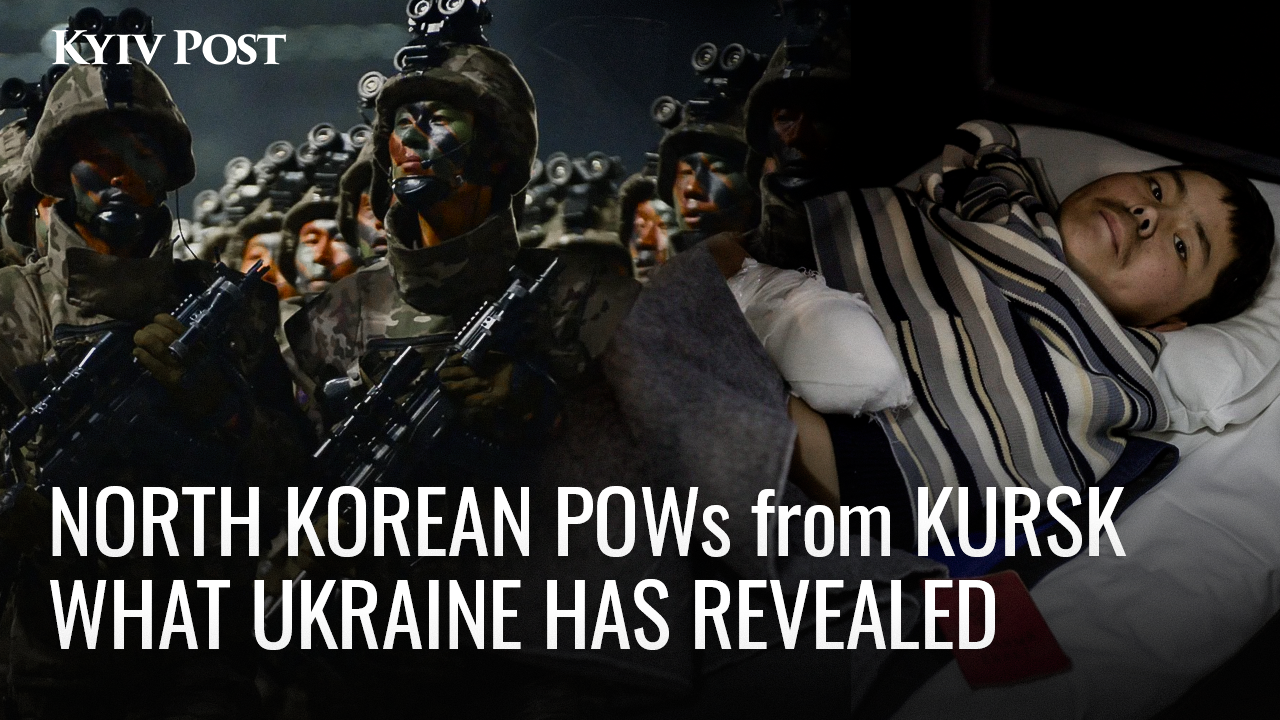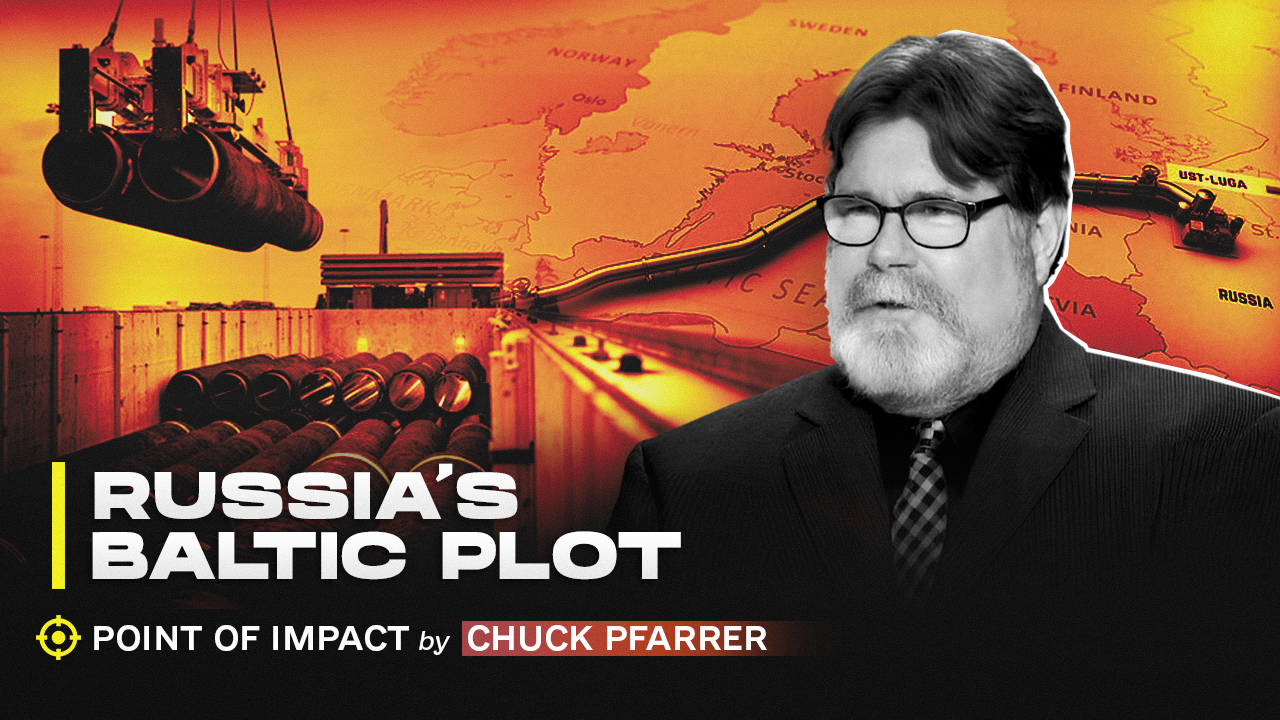After the Armed Forces of Ukraine reconquered the city of Kherson in southern Ukraine in early November 2022, the Russian-Ukrainian frontlines have barely moved, although both sides have spent enormous resources on their offensives. Ukraine’s commander-in-chief General Vitaliy Zaluzhny has called the situation a stalemate and pointed out that pervasive reconnaissance drones make both sides perfectly informed, blocking any large-scale military surprise.
Because of slow and insufficient Western deliveries of advanced weapons, Russia got time to prepare deep defenses with the biggest minefields the world has seen, allowing no rapid breakthrough. A war of attrition has evolved, but it is difficult to assess how stable it really is and how each side suffers from this attrition.
The Absence of Western Strategy on Ukraine
Richard Haass and Charles Kupchan are ready to declare defeat for Ukraine, claiming that “Kyiv’s war aims – the expulsion of Russian forces from Ukrainian land and the full restoration of its territorial integrity, including Crimea – …are out of reach…” They claim that “The time has come for Washington to lead efforts to forge a new policy that sets attainable goals and brings means and ends into alignment.” That means, that the United States should force Ukraine to give up to Russia, violating the prior principle of nothing without Ukraine. Haass and Kupchan do not call for more Western military support for Ukraine.

1 in 4 Ukrainian Men Eye Emigration Due to Economic Struggles, War
Thomas Graham, who was the senior director for Russia at the National Security Council from 2004 to 2007 and encouraged George W. Bush to be kind to Putin, goes even further in support of Russia. He argues that “Total victory in Ukraine through Russia’s crushing defeat would create strategic problems for the United States elsewhere…Washington will still need a Russia strong enough to effectively control its own territory and to create regional balances of power in Asia that favor Washington.” Really?
Why would you like to have a strong destabilizing power?
These three former US top policy advisors, Haass, Kupchan and Graham, consulted with Russian Foreign Minister Sergei Lavrov last spring, after he had been sanctioned by the U.S. government. Unfortunately, President Biden’s National Security Advisor Jake Sullivan appears to be listening to their flawed ideas.
Sullivan’s own theses can be summarized in the negative: Don’t provoke Putin! Don’t provoke a nuclear war! Don’t provoke World War III! That the West is afraid of Russia’s nuclear blackmail is a new phenomenon. The West should forget it and return to its old mutual deterrent policy. Only Berlin and Washington appear take the Russian nuclear threat seriously, while Central Europeans are used to brush off empty Russian threats.
Writing about the war in Ukraine in this journal, Sullivan is as vague as he can be: “Our approach in Ukraine is sustainable.” “American support for Ukraine is broad and deep, and it will endure.” What does that mean? It is laudable that Sullivan speaks up often, but he never states the actual goal of the US support for Ukraine. It is usually that the United States “will support Ukraine for as long as it takes.” If you don’t know your goal, you are not likely to achieve it.
These lines of argument are problematic. Russia’s President Vladimir Putin denied the existence of a Ukrainian nation in his article, “On the Historical Unity of Russians and Ukrainians” on July 12, 2021. He wrote: “the wall that has emerged in recent years between Russia and Ukraine, between the parts of what is essentially the same historical and spiritual space, to my mind is our great common misfortune and tragedy.” He claimed: “Russians and Ukrainians [are] one people – a single whole.”
His article read like a declaration of war, which it apparently was. By denying the existence of a Ukrainian nation,
Putin made clear that he wanted the whole of Ukraine, not only the southern and eastern half
“Novorossiya,” as he had stopped at in April 2014.
Apart from one single meeting including President Volodymyr Zelensky in France in December 2019, Putin has refused to have any contact with Zelensky, because Putin does not acknowledge the existence of Ukraine. He persistently argues that Russia is combatting NATO and the collective West in Ukraine. Moreover, Putin has violated every relevant agreement he has concluded and lies persistently.
Why talk to such a person? He has made clear that he only respects power. Show him power! For Putin, a bad peace is worse than a bad war that may continue forever, because a war facilitates domestic repression, which is essential for Putin’s rule and offers him some sense of legitimacy.
Frederick Kagan of the Institute for the Study of War offers a more plausible conclusion. “If the West Cuts Aid to Ukraine, Russia Will Win. If the West Leans in, Ukraine Can Win.” He argues that the “positional war in Ukraine is not a stable stalemate.” It can swing either way. It results from “self-imposed limitations on the technologies the West has been willing to provide Ukraine and constraints on the Russian defense industrial base largely stemming from Russian President Vladimir Putin’s unwillingness so far to commit Russia fully to the war.”
Kagan’s conclusion is that the West needs to deliver more air defense and a modern air force, better long-range missiles, and more modern tanks and armored vehicles to Ukraine. Then, Ukraine can win. Otherwise, Russia might recover military strength in the longer run.
We would also concur with Nona Mikhelidze and Nathalie Tocci, who conclude that “The West has indeed reached the limits of its current strategy…[which] has centered on ensuring Ukraine’s survival without enabling it to achieve a decisive victory…. The choice facing the West is not between war and compromise but between defeat and victory.”
U.S. and UK intelligence did impressive work before the war, clearly stating from October 2021 that Russia was going to attack Ukraine, while the German and French intelligence agencies insisted that Russia was not going to attack until Russia actually did. The United States, the UK, and Canada laudably started training Ukrainian soldiers and delivering relevant arms long before the invasion. Later on, however, the U.S. policy has been more problematic. It has amounted to drip-feeding the Ukrainian military, making it able to survive but hindering its victory.
Already in April 2021, when Russia started its mobilization around Ukraine, the White House called back two U.S. destroyers on their way to the Black Sea, apparently because such a perfectly legal action was perceived as provocative to Russia. More bravely, the UK and the Netherlands sent in naval ships in June 2021, but the U.S. refusal to participate effectively gave up free navigation in the Black Sea, although that has been a fundamental U.S. principle since the early 19th Century.
The United States allowed Russia to turn the Black Sea into a Russian domestic sea for no good reason. From early 2022, Russia blockaded all Ukraine’s Black Sea ports to great economic damage to Ukraine and the West did nothing.
Fortunately, Ukraine, which has no navy, has taken out about half of the Russian Black Sea fleet and its radars in Crimea with cruise missiles and drones on its own. The remnants of the Russian Black Sea have escaped to the most distant corner of the Black Sea, Russian-occupied Abkhazia. In September, substantial Ukrainian merchant shipping has started again on the Black Sea, along the coasts of the NATO countries Bulgaria, Romania, and Turkey.
The West should never have allowed merchant shipping to be disrupted in the Black Sea
and now it should support Ukraine to maintain its commercial shipping.
For the last two years, Ukraine has asked for all kinds of arms. Eventually, most have been delivered, but all with great delays, and each delay costs Ukrainian lives. Ukraine’s three big remaining shortfalls today are a modern air force (F-16 or similar), many modern battle tanks (Abrams), and effective long-distance missiles (ATACMS from the United States or German Taurus). The UK has delivered Storm Shadow and France SPAC missiles, of which Ukraine has made good use, but they do not have as long a reach as the US ATACMS, and Ukraine needs many more long-distance missiles.
Two of Ukraine’s closest friends – the Baltic states and Poland – have delivered almost all they could to Ukraine. The UK has been the leader in delivering many advanced arms, such as Storm Shadow, but most European countries have far too few arms, while the United States has enormous amounts of almost all relevant advanced arms. Moreover, nearly all advanced Western arms contain U.S. patents, requiring explicit permission from the Pentagon, which it held back for F-16 deliveries and even training.
Therefore, the outcome of the war in Ukraine depends overwhelmingly on U.S. policy. The United States needs to adopt a clear strategy on Ukraine. It should call for Ukraine’s victory and deliver all that Ukraine needs to win the war and defeat Russia. Several NATO countries have already done so. Unless Ukraine wins, its existence remains in danger, and time is not on Ukraine’s side, since the West, especially the United States, tends to get tired.
Anders Åslund is a senior fellow at the Stockholm Free World Forum.
Andrius Kubilius is a member of the European Parliament. He served as prime minister of Lithuania, 1999-2000 and 2008-2012.
The views in this article are the authors' and don’t necessarily represent those of Kyiv Post.
You can also highlight the text and press Ctrl + Enter













